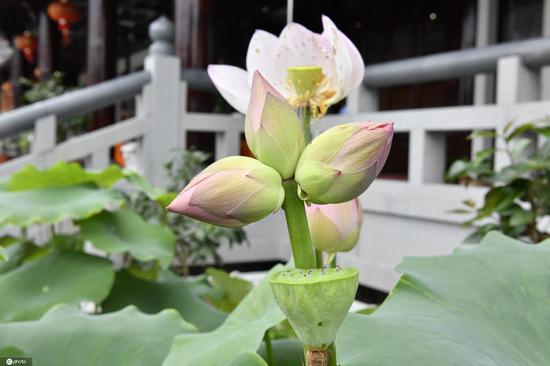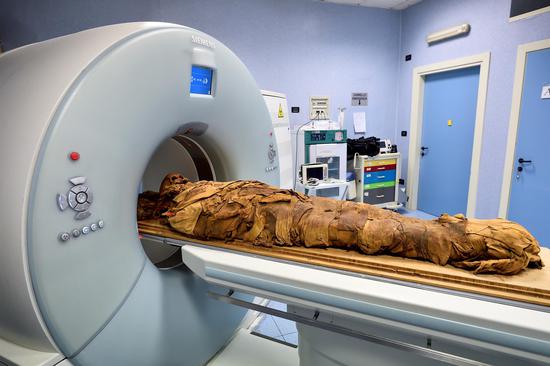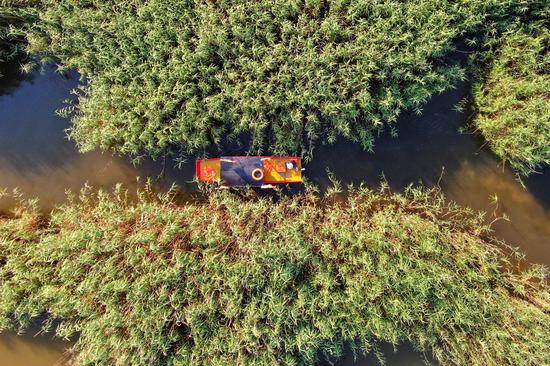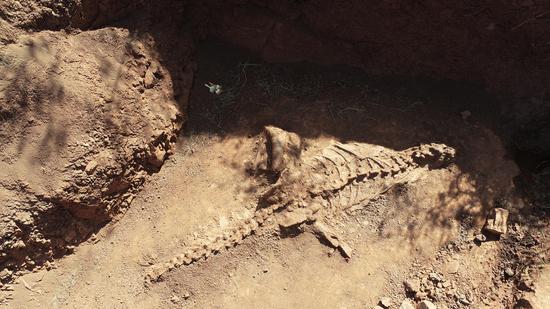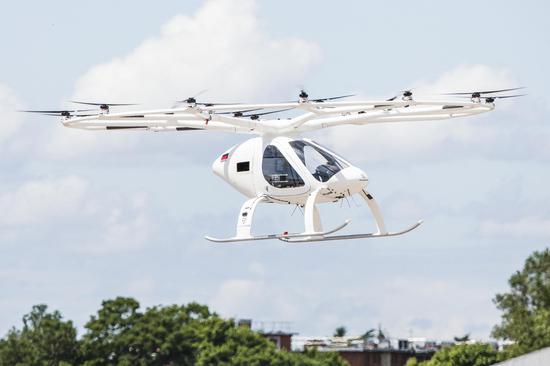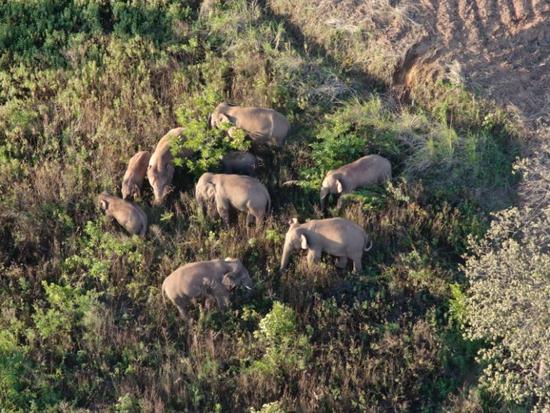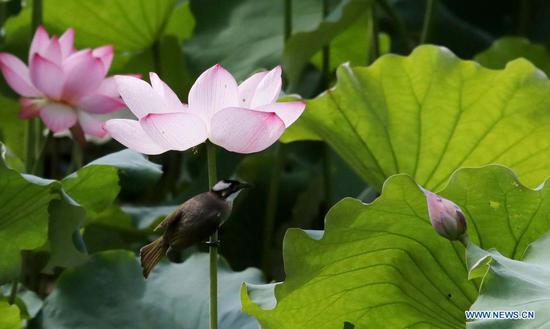
A panda at Tokyo's Ueno Zoo gave birth to twins on Wednesday, weeks after news of Shin Shin's pregnancy sent stocks in nearby restaurants soaring.
The Tokyo zoo's website listed the two newborn pandas as being born an hour and a half apart at 1:03 am and 2:32 am on Wednesday. Their gender has not been determined, and they have not yet been named.
"Officials are currently doing their best to protect and observe the mother and babies," the statement added.
Zoo director Yutaka Fukuda said the twin birth was a first for the Ueno facility.
"When I heard the news that the second baby was born, I couldn't help but whoop," he told reporters.
One of the babies, weighing in at 124 grams, was placed in an incubator, spokesman Naoya Ohashi said in a news conference. The other's weight is unknown.
The mother panda "is in good health, and carefully looking after" the other baby, he added.
When pandas have twins, they usually only raise one, "so we will be making sure the mother panda will breast feed one while we keep the other in the incubator," Ohashi said.
Zookeepers will be swapping the babies so that both cubs experience natural feeding, he added.
Mother Shin Shin sparked a rally in stocks of eateries near the zoo earlier this month when her suspected pregnancy was announced, with investors anticipating a visitor boom to the area after the delivery.
Extended stay
Shin Shin was born on July 3, 2005, at the Conservation and Research Center for the Giant Panda in Wolong, China, and arrived at Ueno Zoo a decade ago, along with her male partner Ri Ri.
Zookeepers had been on alert for a possible pregnancy after Shin Shin and Ri Ri mated in early March. The pair are also parents of a female panda, Xiang Xiang, who was born in June 2017 and became a massive draw for the zoo.
She was scheduled to be repatriated to China two years after her birth, but Japanese officials negotiated to extend her stay until the end of the year.
Japanese media have been offering regular updates on the Ueno pandas, which in non-pandemic times draw huge crowds of domestic and foreign tourists.
There are an estimated 1,800 giant pandas left in the wild, mainly in bamboo forests in the mountains of China, said environmental group WWF.
Around 600 more live in zoos and breeding centers around the world.
The International Union for Conservation of Nature classifies giant pandas as "vulnerable".
The bears are notoriously bad at reproducing, but in early June, a panda in Malaysia gave birth to its third cub during its stay there.
A newborn in Washington DC has enthralled people since its birth in August 2020, with over a million people tuning in within just months to watch Xiao Qi Ji-Little Miracle-on a "Panda Cam".
Agencies Via Xinhua














